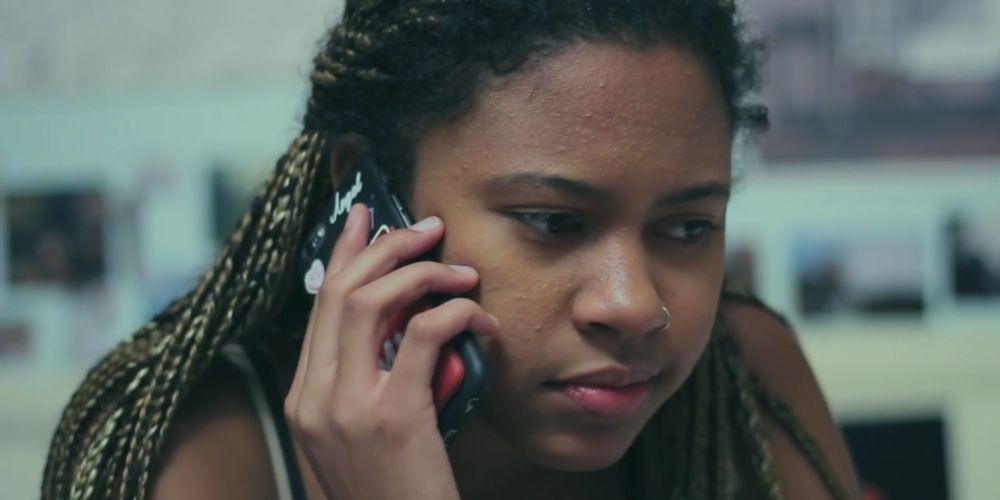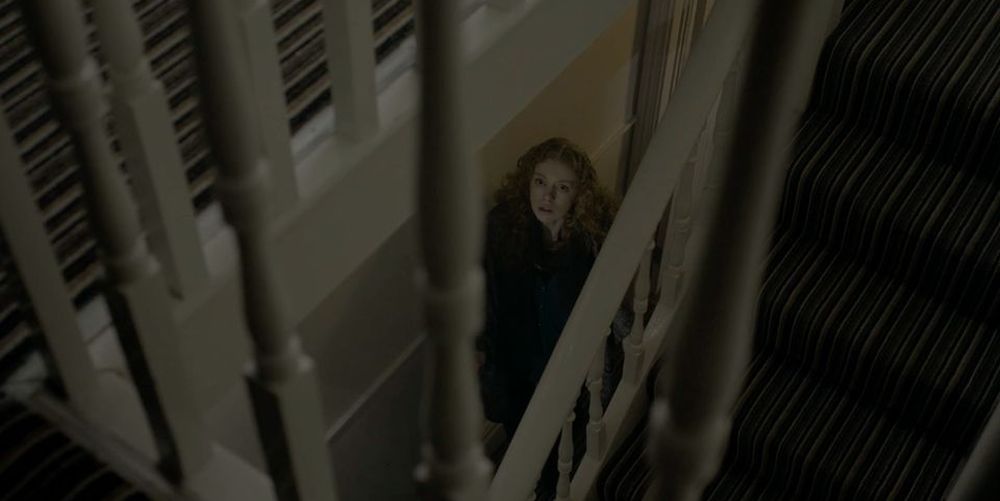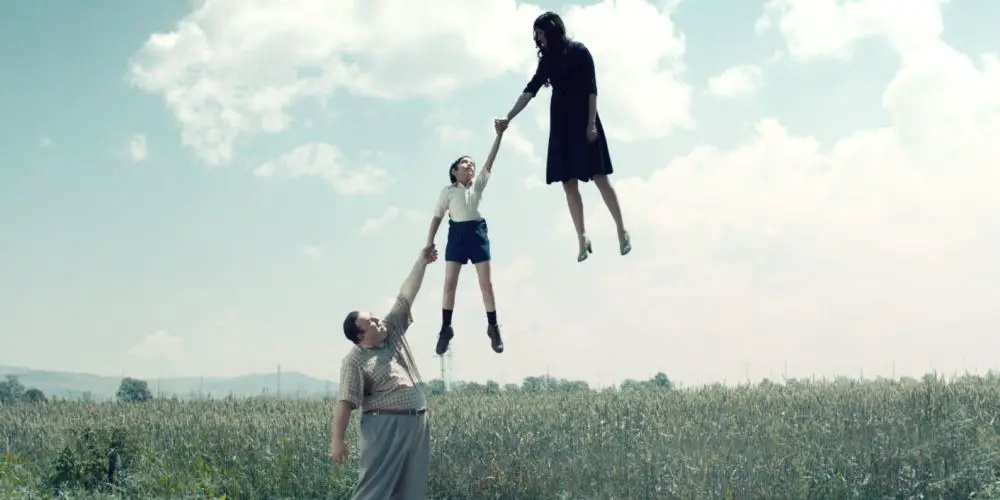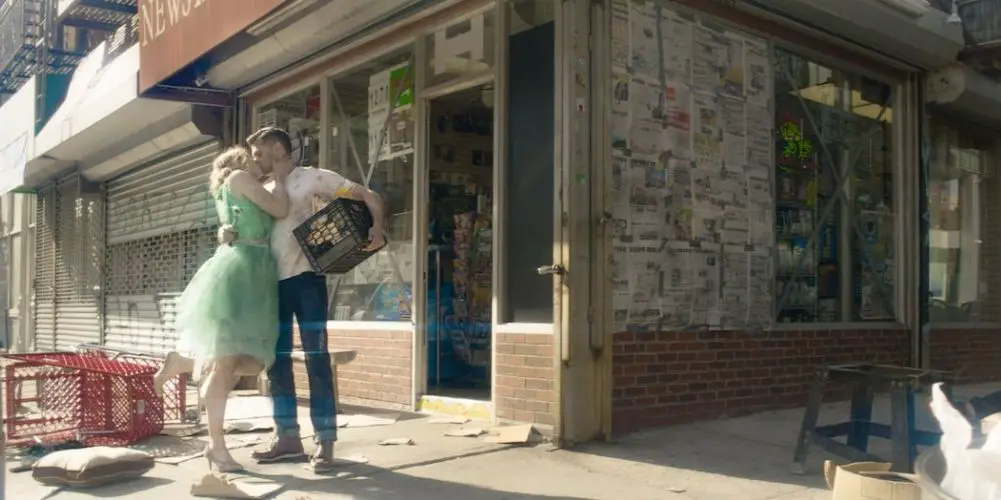Film Reviews
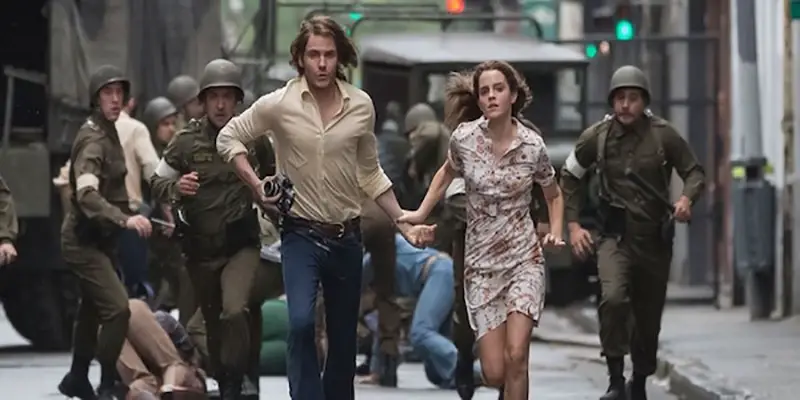
In 1973, Augusto Pinochet seized power in Chile and demoted the previous civilian rule to replace it with a military dictatorship. Colonia Dignidad, commanded by Paul Schäfer and other allies of Pinochet, served as a prison for political detainees under his regime, despite the bastille being concealed by the veneer of a farming commune. With a historical premise as intriguing as this, it’s unfortunate how much Colonia’s (also known as The Colony) filmic portrayal falters more than it succeeds.

From up-and-coming director Pedro Morelli and first-time screenwriter Matt Hansen, Zoom is a fascinating fantasy drama about artistic identity. Tracking the lives of three central protagonists, Morelli miraculously creates a strange, circuitous world wherein everything is connected. Despite seemingly existing within the confines of each other’s imaginative works of fiction, comic book artist Emma Boyle (Alison Pill), movie director Edward Deacon (Gael García Bernal), and aspiring novelist Michelle (Mariana Ximenes) soon bleed into each other’s codependent realities.
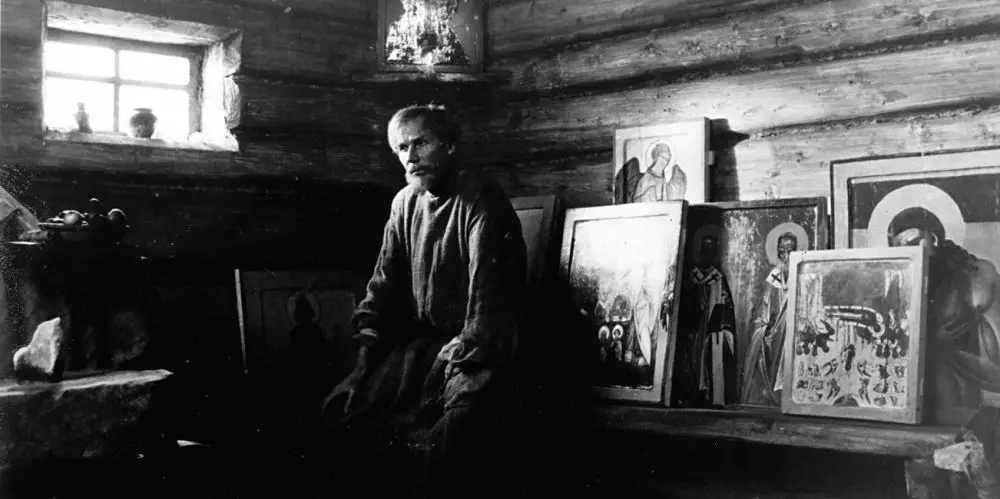
For Russian director Andrei Tarkovsky, the artist was inextricably joined to his society, both its benefits and its ills. Tarkovsky defined these colloquies between society and an individual artist as “dialectics of personality.” In other words, individual development was indefinably caught-up within personal and distant interactions with a society.
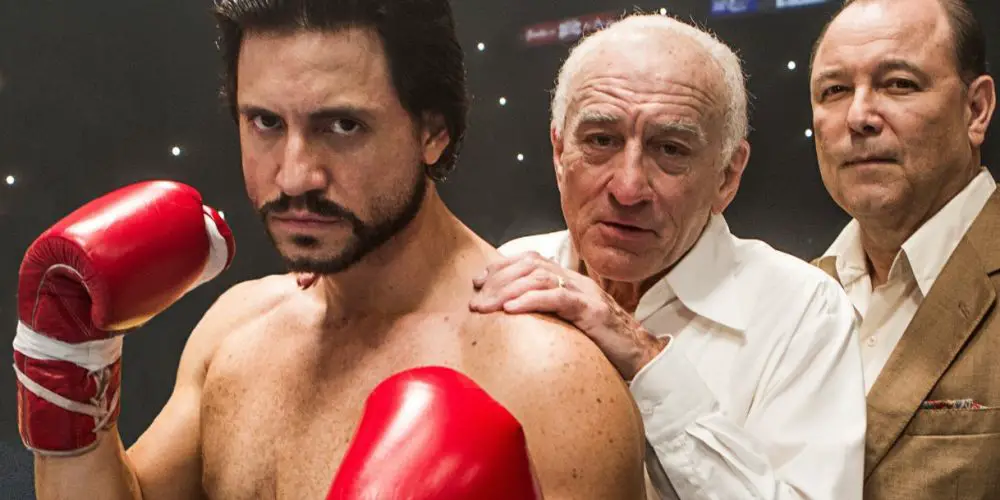
Edgar Ramírez is electrifying as welterweight boxing champion Roberto Durán in the new movie Hands of Stone. Unfortunately, writer/director Jonathan Jakubowicz’s routinely conceived, routinely executed boxing biopic is a dull canvas for a performance, slashed in such angry red brush strokes. The movie goes the distance, though not as cleanly or directly as we might have wished.
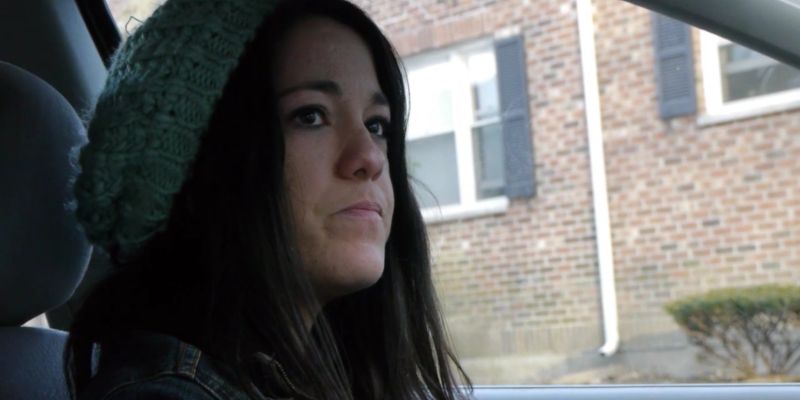
In life there are many roads to travel and sometimes our paths align with perfect strangers that happen to be exactly who we need to run into at that point in our lives. This appears to be the case with Emma (Mela Hudson) and Judy (Tori Hall). They’re two completely different women who’ve led very different lives, but when both find themselves needing to make a trip to Western Massachusetts, they unintentionally become a part of each other’s journey.

Racism in France has been a long-discussed topic within cinema, from Mathieu Kassovitz’s eponymous film La Haine to 2011’s hit comedy Les Intouchables. In recent days Muslim/Arab citizens have been the focus of racial prejudice from the French justice system; Fatima could not come at a better time with its refreshing take on Arab/French culture. Philippe Faucon adds to this conversation with a portrayal of racial tension in France.
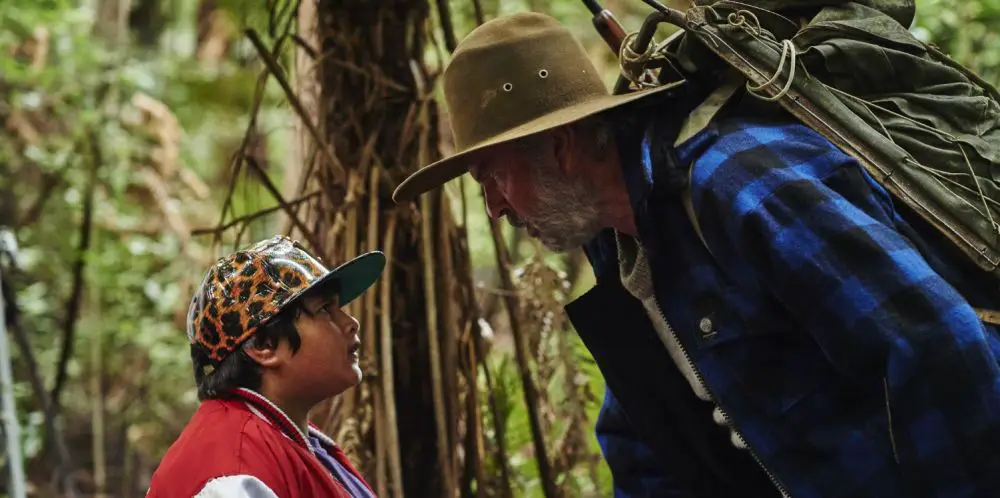
Like much of writer/director Taika Waititi’s other work, Hunt for the Wilderpeople finds humor in asking us to laugh at its characters. They all have some ridiculous traits, and we’re free to have fun at their expense. Some of them are delusional, some of them are myopic, and some of them totally lack self-consciousness.


